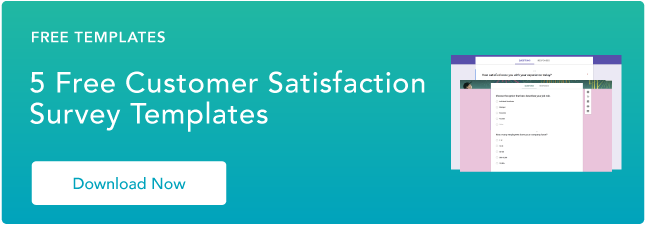The customer is always right, so naturally, that‘s who you need to ask about this sweltering hot-button issue. There are generally two ways you can conduct market research to gather a consensus with which you can take back to your bosses: a focus group or a survey. Let’s go over each in detail.
Focus Groups
A Focus Group is a select group of people put together by a company, usually to get detailed feedback through a guided discussion or prompts. Focus groups are the preferred method of market research when you want to gather qualitative research on a topic.
Taking our pineapple on pizzas example, you could put together a focus group of your regular pizzeria visitors and ask them specific questions about whether they like pineapples on pizza, why they like or dislike pineapple on pizza, their usual pizza order, and more.
Because focus group discussions can take a significant amount of time, participants should be paid for their time. Here's an example of a template that you could use to run a focus group discussion:
 Notice how the template is simple and open-ended. This is intentional, because when running a focus group discussion, you really want to let the conversation flow so you can gather detailed, qualitative feedback.
Notice how the template is simple and open-ended. This is intentional, because when running a focus group discussion, you really want to let the conversation flow so you can gather detailed, qualitative feedback.
Surveys
A customer research survey is usually a quick web form or poll that prompts a site visitor to answer 3-5 multiple-choice questions as quantitative data collection. Unlike focus groups, surveys are much broader in reach and also in purpose.
Customer Satisfaction
If you‘re managing a restaurant, for example, you could use a customer satisfaction survey to see how people perceive their experience with the food, the service, and the overall experience. Here’s a helpful video that goes into detail about customer satisfaction surveys.
Engaging Your Audience
Surveys are also a great tool for fostering engagement. Some of my college buddies and I are in a high-stakes fantasy football league where we “play” against each other every week. I use Google Forms as a survey tool to poll my friends on who they think will win, who's the better team, etc.
Still don't believe me? This is also a well-known strategy that companies use to garner insights. Brands will often use Twitter polls to engage audiences so that people can feel like they‘re part of the event. Here’s an example from EventBrite:
This is a clever use of a survey because it gathers attention and engages the company's following while also generating valuable insight as market research in a fun package.
Earlier, we mentioned how focus groups are great for qualitative data. Well, surveys are perfect for quantitative data, meaning that you can reach a broader audience for a general answer to a question.
Back to the pineapple on pizza example, I'd publish a poll on Twitter or LinkedIn asking my audience what they think about pineapples on pizza. Because of the way social media works, the engagement from the survey will push it to people beyond the scope of my regular following and get me a quick yes or no answer from hundreds, possibly thousands of people.
Choosing the Right Method for Your Research
The form of market research you use depends on what your end goals are.
Focus Group discussions are your best bet when you need specific results, actionable items, and/or direct customer feedback without any of the “noise” that comes with broad strokes of data. It's best for answering “why” questions about your business.
Surveys are better when you want to get a wide scope of data. It's best to create “what” questions that you can use to identify any issues or positive aspects of your business. You can then use that data to figure out how you want to proceed. On the other hand, surveys are also a great way to engage your audience and grow your social media following/brand.
.png?width=112&height=112&name=Image%20Hackathon%20%E2%80%93%20Horizontal%20(24).png)

